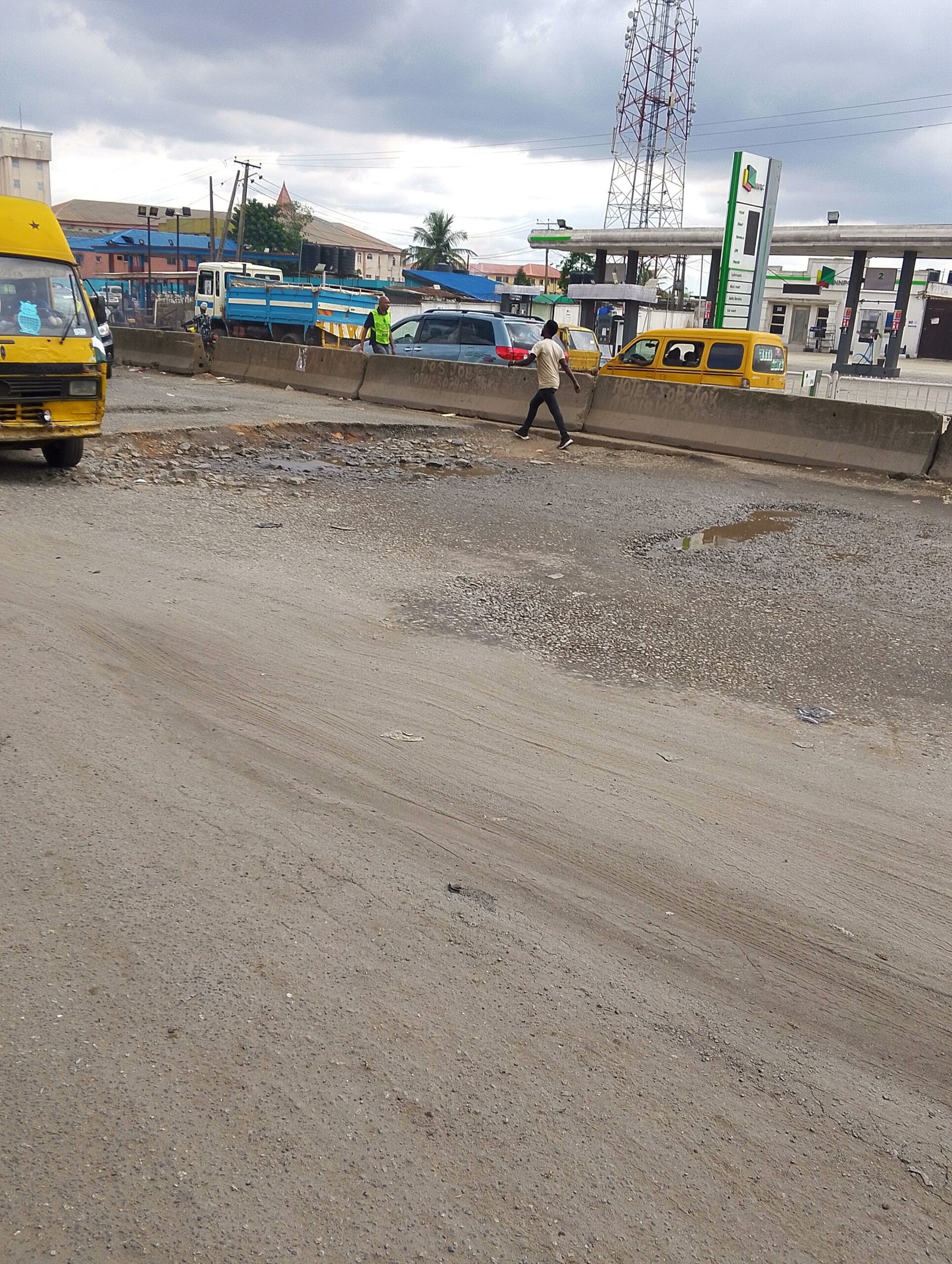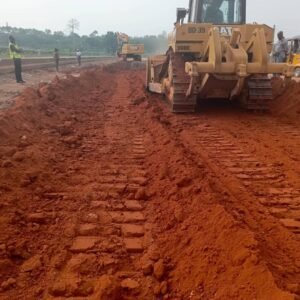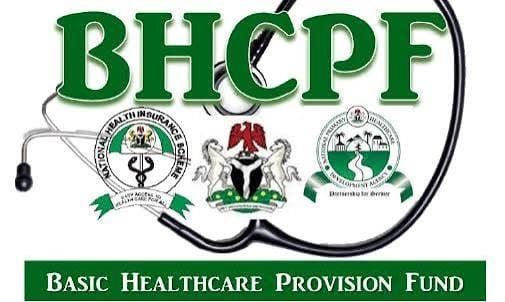
LAGOS, Nigeria – The air in Nigeria thickens with dust and expectation as the “Ember months” — September through December — roll in. Traders hurry to close sales, families plan journeys home, and the highways hum like electric veins stretching across the nation. But beneath the cheer of approaching festivities lies an unspoken dread.
Every year, as the holiday rush begins, Nigeria’s roads transform into corridors of steel and sorrow. Headlights blur into the night like restless fireflies. Tyres hiss, horns wail, and too often, flashing sirens follow. In this report, Korede Abdullah, Africa Health Report, Southwest Correspondent journeys through Nigeria’s most perilous highways to uncover why these months of celebration so often end in mourning.
The Deadly Season Returns
From the bustling Lagos-Ibadan Expressway to the treacherous Abuja-Kaduna corridor, the rhythm is heartbreakingly familiar.
According to the World Health Organisation’s 2023–24 Global Status Report on Road Safety, Nigeria records one of the highest road crash death rates in Africa — 21.4 deaths per 100,000 people.
“The situation is alarming and demands urgent national attention,” said Justice Monica Dongban Mensem, Founder of Kwapda’as Road Safety Demand (KRSD), who recently convened the maiden International Road Crash Victims Africa Conference (IRCVAC) in Abuja to amplify victims’ voices.
For decades, Nigerians have whispered myths that “Ember months” bring bad omens. But experts say the reason isn’t mystical — it’s mechanical and human.
Fatigue, greed, poor judgment, and impatience, all magnified by the festive frenzy, form the true recipe for disaster.
Speed: The Sweet Habit That Kills
In Otta, Ogun State, Commander Nasir Mohammed of the Federal Road Safety Corps (FRSC) watches the traffic surge along the Sagamu–Ore–Benin Expressway.
“Speed is sweet,” he said, pausing as trucks rumbled past, “but it kills faster than any deadly disease.”
He continued, “We urge motorists to obey road signs and adhere to the average speed limit to prevent avoidable crashes during the Ember months.”
Mohammed warned that reckless overtaking, night travel, and fatigue are a fatal trio. Darkness hides potholes. Sleep dulls reaction. And one wrong judgment at 120 kilometres per hour can turn an entire family’s homecoming into tragedy.
FRSC’s Fight Against Human Error
Across Ogun State, FRSC patrols have thickened like a web — their Blue-white trucks stationed along key corridors: Lagos-Ibadan, Sagamu-Benin, and Abeokuta routes.
Adewunmi Fasakin, the State Sector Commander, told Africa Health Report: “Overspeeding, dangerous overtaking, and distracted driving account for most crashes, but we are seeing better compliance through constant enforcement and education.”
Still, he said, the corps battles human nature itself.
“Drunken drivers put not only their lives at risk but also those of innocent passengers. Avoid distractions, don’t drink and drive, and maintain your vehicle regularly. Safety starts with you.”
Distraction Behind the Wheel
Every driver has seen it: a commercial bus swaying as the driver argues with a passenger, one hand on the wheel, the other clutching a phone.
Fasakin shakes his head at such scenes.
“The mobile phone is now a silent killer,” he said. “Many drivers die not because of bad luck but bad habits.”
In a bid to reverse the trend, FRSC has introduced Speed Limiting Devices and deployed speed guns across highways — but enforcement alone, Fasakin insists, cannot save everyone.
NURTW Steps Up the Campaign
The National Union of Road Transport Workers (NURTW) has joined the fight to save its own members from themselves.
At Alimosho motor park in Lagos, Branch Secretary, Olasunkanmi Abidemi, spoke passionately about ongoing efforts.
“We have continued to enlighten our members on the dangers of reckless driving, over speeding, and phone use behind the wheel,” he said. “Obeying traffic rules is not just about avoiding punishment; it is about saving lives — both the driver’s and the passengers’.”
Every morning before buses roll out, Abidemi said, the union holds short sensitisation sessions.
“Discipline and patience are the keys to safety,” he added. “No passenger wants a reckless hero; they want a driver who gets them home.”
Bad Roads, Worse Delays
Even when drivers do their best, Nigeria’s roads often betray them.
The Lagos-Ota-Abeokuta Expressway, currently under reconstruction by Craneburg Construction, stands as a painful example.
The project, re-awarded in 2024 after years of delay, stretches across five major zones: Ota, Ifo, Papalanto, Itori-Ewekoro, and Abeokuta. But progress crawls, and frustration grows.
At night, headlights dance across half-finished lanes, sharp edges, and sudden diversions. A wrong swerve can send a car spinning into darkness.
“The diversions and uneven surfaces are nightmares,” said a commuter in Ifo. “One moment you’re on smooth tarmac, the next you’re dodging craters.”

The Grim List: What Kills Nigerians on the Road
Traffic experts list the causes like a dark litany carved into asphalt:
Overspeeding
Reckless overtaking
Driver fatigue
Drunken or drug-influenced driving
Mobile phone use
Overloading vehicles
Poor vehicle maintenance
Bad roads, poor lighting, potholes
Unlicensed drivers
Pedestrian negligence
Seasonal weather — harmattan haze, fog, rain
Retired traffic officer, Lateef Adewale in Abeokuta put it bluntly: “Our roads reflect our society. Until discipline, maintenance, and education become a culture, we will continue to bury our loved ones prematurely.”
Changing the Narrative: From Fear to Responsibility
Despite the grim statistics, hope flickers on the horizon.
Justice Mensem’s KRSD Foundation, the FRSC, and NURTW are intensifying campaigns nationwide. Their message echoes from radio jingles to church pulpits: accidents are preventable.
The roadmap is clear: Enforce speed limits, avoid night travel, rest between trips, maintain vehicles regularly, repair critical roads and educate drivers and passengers alike.
Commander Mohammed sums it up simply: “No journey is worth your life. Arrive alive — that’s what matters most.”
The road hums with life — buses roaring, Tyres screeching, vendors calling — but beneath it all runs a simple truth: speed thrills, but it kills.
As Nigeria speeds into the year’s final stretch, every driver holds a choice between haste and humanity. Between the urge to reach fast and the wisdom to reach safety.
And when the dust settles, only those who choose the latter will live to see another festive dawn.




